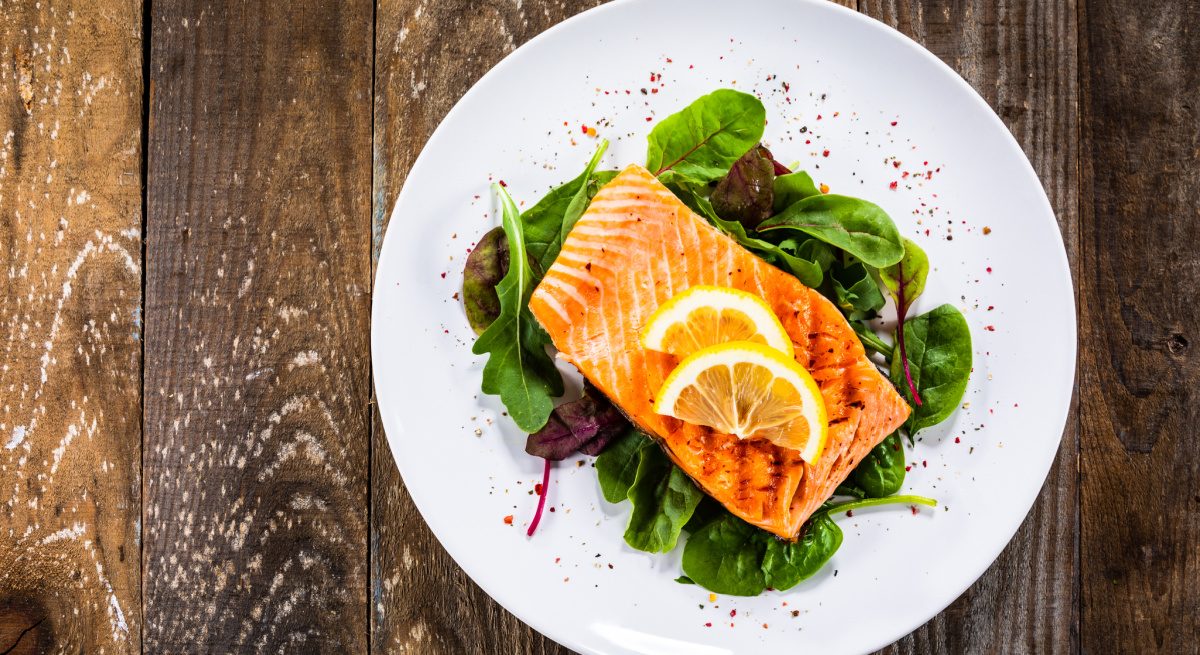Emerging from COVID With a More Sustainable Approach
3 Min Read By Noah Rue
While times are difficult right now, it could be the perfect opportunity to consider making some changes to your business model, including shifting to a more sustainable approach for the future. Not only is sustainability a hot topic in the restaurant industry, but certain sustainable practices can actually help you to manage risk and keep your business going if another disaster should strike.
Let’s take a look at a few sustainable practices and why now might be the perfect time to make more planet-friendly choices for your business.
A Sustainable Supply Chain
During the height of the pandemic, it seemed as though so many facets of the food industry were up in the air, including stress on supply chains. Food processing, in some facilities, has been slowed down substantially due to labor shortages or complete shutdowns. Consumer demands have also caused a shortage of certain items, especially meats. Disruptions in processing, as well as transportation, have created numerous problems for restaurant owners across the country.
To avoid those issues as you move forward, you can choose to go a few different routes. First, you can choose to work more exclusively with local farmers and suppliers. They’ve undoubtedly been hurt due to this pandemic, too, and supporting them benefits their livelihood and allows you to have more control over your food supply. It’s a good idea, as a restauranteur, to know where your food is coming from and how it was cared for. It’s also a more environmentally friendly endeavor as it doesn’t rely as much on large forms of transportation.
You might also consider growing your own food, either at a community/public garden or with an available space outside of your restaurant. Growing your produce is an especially great way to:
- Choose fruits and vegetables you want to feature on a menu
- Control how those items are cared for
- Avoid using pesticides
- Offer seasonal items
Plus, growing organic food is a great marketing decision, as many people are not only paying more attention to the environment but their own health, as well.
Waste Reduction
Another way to make your restaurant more sustainable is to reduce the amount of waste you produce through daily operations. The average restaurant produces 100,000 pounds of garbage each year. Some of that comes from leftover food that diners didn’t finish, and there isn’t much that can be done about that. But, when it comes to both front and back-of-house operations, there are things you can do to cut back on waste production, including:
- Setting up a recycling program
- Using biodegradable packaging
- Composting food scraps and leftovers
- Not serving bottled water or offering plastic straws
You can also cut back on waste by simplifying your menu. When you have a huge, expansive menu with dozens of choices and huge portions, you’ll undoubtedly end up with a lot of wasted food. By using high-quality, minimal ingredients and scaling back on your menu, you can serve your customers better dishes and reduce the number of ingredients you’re throwing away.
Building a Better Brand
While COVID-19 may have felt like a one-two punch for your restaurant, you can use it as an opportunity to build a better brand and make a difference as you move forward. Now is the time to play offense, not defense, and doing the minimum simply isn’t enough to keep your doors open.
But what does sustainability have to do with your brand? Quite a bit.
One survey found that 88 percent of consumers want brands and businesses to help them be more sustainable in their everyday lives. People are more likely to pay more for sustainable brands and restaurants and will appreciate your efforts to do things the right way. By remarketing yourself as a sustainable restaurant with a focus on food supply, waste and water reduction, and more energy-efficient practices, not only are you likely to gain more attention but people will be more likely to value your business more. Plus, you can feel good about the work you’re doing within your industry to better the planet and create a brighter future for food service.


